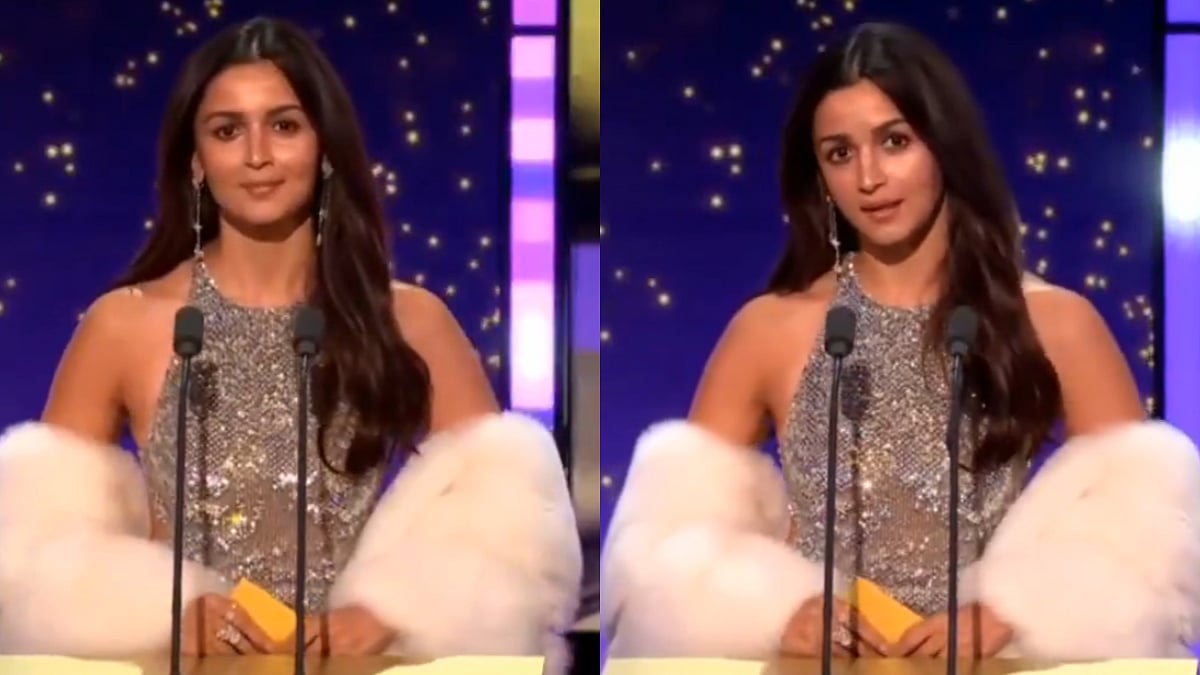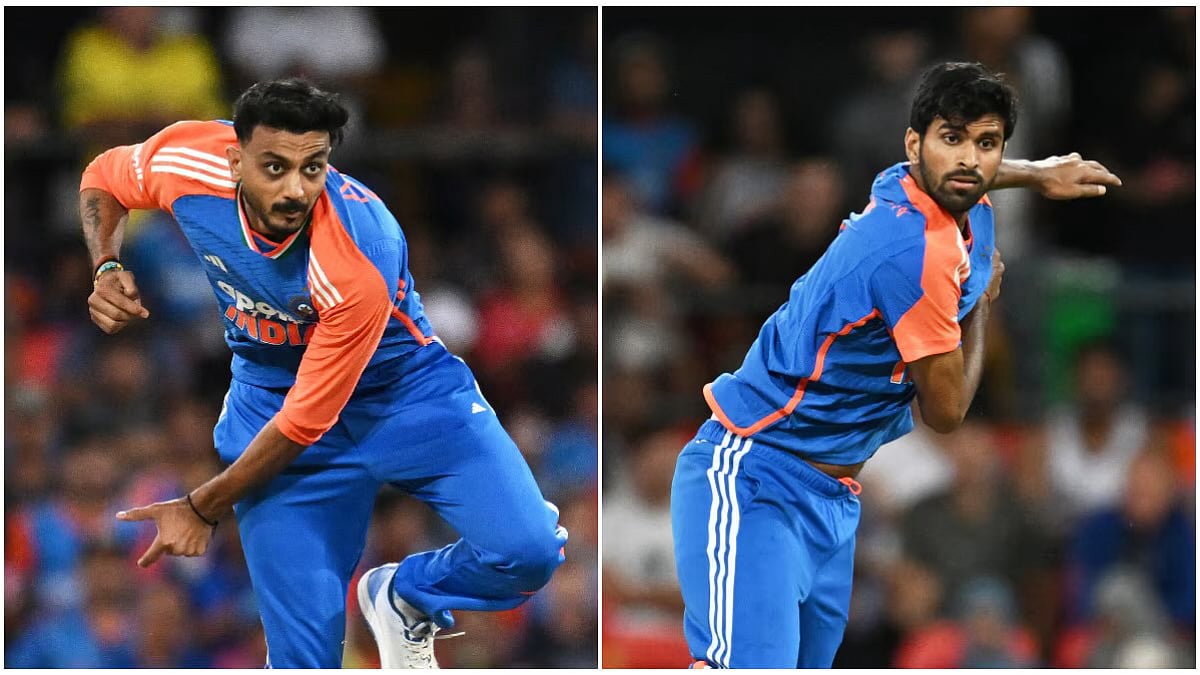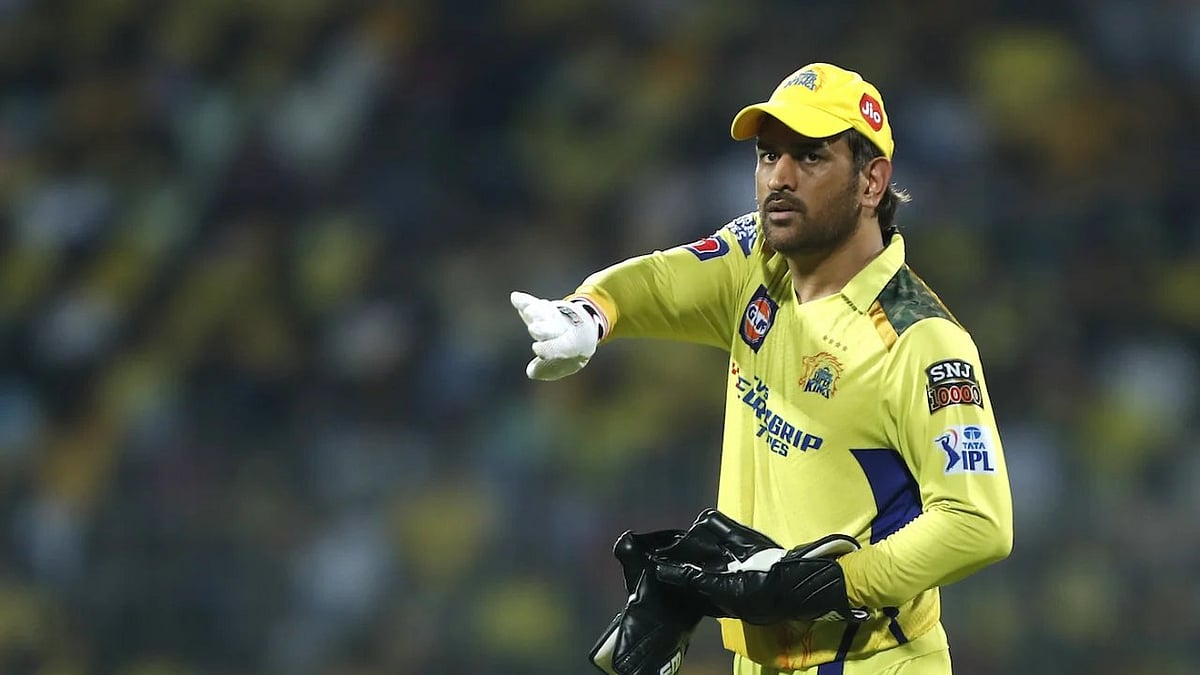Prime Minister Narendra Modi is expected to flag off three new Vande Bharat trains for Maharashtra from Ahmedabad on September 16 via video link. The new services will include routes from Nagpur to Secunderabad, Pune to Hubli, and a third Vande Bharat train from Kolhapur. Currently, eight Vande Bharat trains operate in Maharashtra, including CSMT-Shirdi, CSMT-Solapur, CSMT-Goa, Nagpur-Bilaspur, Nagpur-Indore, Mumbai Central-Gandhinagar, and Mumbai Central-Ahmedabad.
However, the proposed route for the Kolhapur Vande Bharat has sparked controversy. Ongoing discussions are focused on whether the train should run to Mumbai's Chhatrapati Shivaji Maharaj Terminus (CSMT) or operate on a circular route via Pune and Hubli from Kolhapur. The circular route could extend the travel distance between Pune and Hubli from 558 km to 654 km, increasing travel time from 8 hours to 10 hours, potentially diminishing its appeal as a fast travel option.

Kailash Verma, head of the Railway Cell of Maharashtra, has urged the Railway Board to consider running separate Vande Bharat services for Kolhapur-Mumbai and Pune-Hubli. Verma argues that a direct Kolhapur-Mumbai service with stops at Sangli and Pune would attract significant passenger demand, while a dedicated Hubli-Pune train could better serve Pune's IT, auto, and metro sectors.
A senior Railway Board official confirmed to FPJ that Maharashtra will receive three additional Vande Bharat trains on September 16. The new services will include one between Nagpur and Secunderabad, another connecting Pune and Hubli, and a third train expected to flag off from Kolhapur. The exact route for the Kolhapur Vande Bharat is still under finalisation.

Additionally, the New Delhi-Varanasi Vande Bharat will receive an upgrade with four additional coaches, increasing its capacity from 16 to 20 coaches, making it the first 20-coach Vande Bharat train in the country. PM Modi is also expected to flag off two more Vande Bharat trains on the same day, including one on the Agra-Banaras route, via video link.




